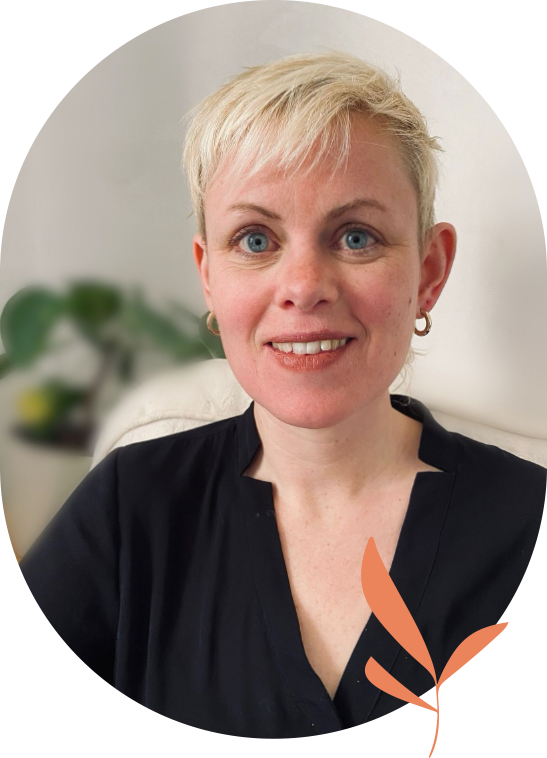

My approach is to work relationally, which means that I see the therapeutic relationship as fundamental to the process. This relational approach is often what can bring about true change.
I work integratively which means I will be using different tools and theories. We may draw on humanistic ideas such as person-centred therapy, which values your unique experiences and empowers you to make positive changes. We may also bring in existential and psychodynamic practices, such as attachment theory, to understand how your past relationships might be influencing your present.
Because the link between mind and body is so important, I often incorporate body-based techniques. These can range from simple breathing exercises and mindfulness practices to help you connect with your physical sensations and find a sense of calm. Throughout our work together, we may reflect on your past and how it might be affecting you today.
We may also reflect on intergenerational trauma and the influence of the outside world on your mental health, particularly how experiences of marginalisation or inequality can play a role.
I hold a Diploma in Integrative Counselling from the Minster Centre in London. The Minster Centre is one of the leading integrative psychotherapy training centres in Europe. I am a registered member of the British Association for Counselling and Psychotherapy (BACP) and I adhere to their ethical framework.